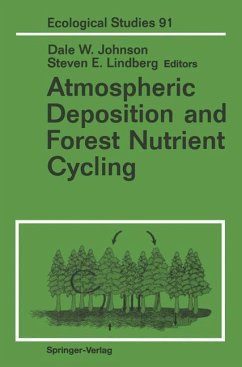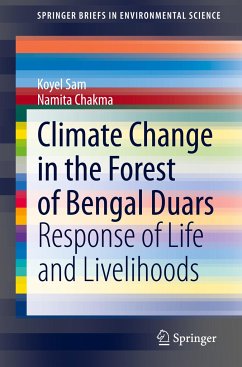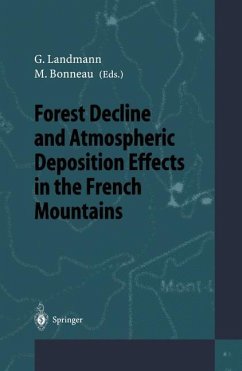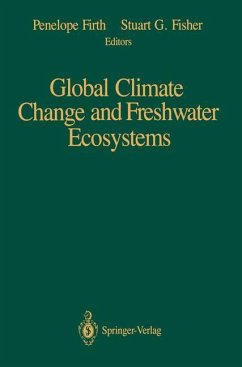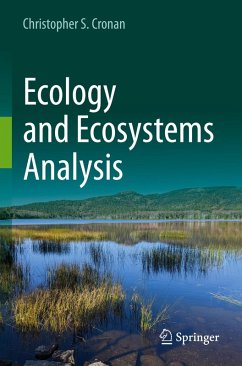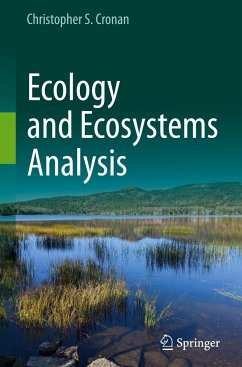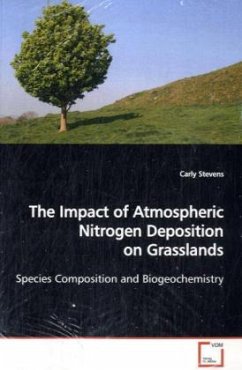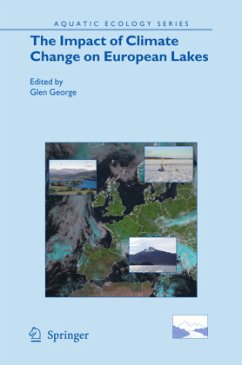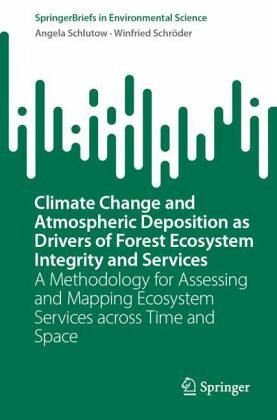
Climate Change and Atmospheric Deposition as Drivers of Forest Ecosystem Integrity and Services
A Methodology for Assessing and Mapping Ecosystem Services across Time and Space

PAYBACK Punkte
19 °P sammeln!
This book is intended to provide a hitherto missing English-language overview of a multi-year research project in which a comprehensive methodology was developed to assess a rule-based classification of the habitat services, the primary net biomass productivity and carbon sequestration capacity. The comprehensive methodology presented operationalises the specifications of the MAES working group quantitatively. The MAES classification framework for integrative ecosystem assessments comprises the mapping of ecosystems, the classification of ecosystem conditions (ecosystem condition information f...
This book is intended to provide a hitherto missing English-language overview of a multi-year research project in which a comprehensive methodology was developed to assess a rule-based classification of the habitat services, the primary net biomass productivity and carbon sequestration capacity. The comprehensive methodology presented operationalises the specifications of the MAES working group quantitatively. The MAES classification framework for integrative ecosystem assessments comprises the mapping of ecosystems, the classification of ecosystem conditions (ecosystem condition information for individual indicators, ecosystem functions and ecosystem types), the classification of ecosystem services and their integration. The presented rule-based classification of the three ecosystem services examined in depth using quantitative indicators is unique in the EU to date.





